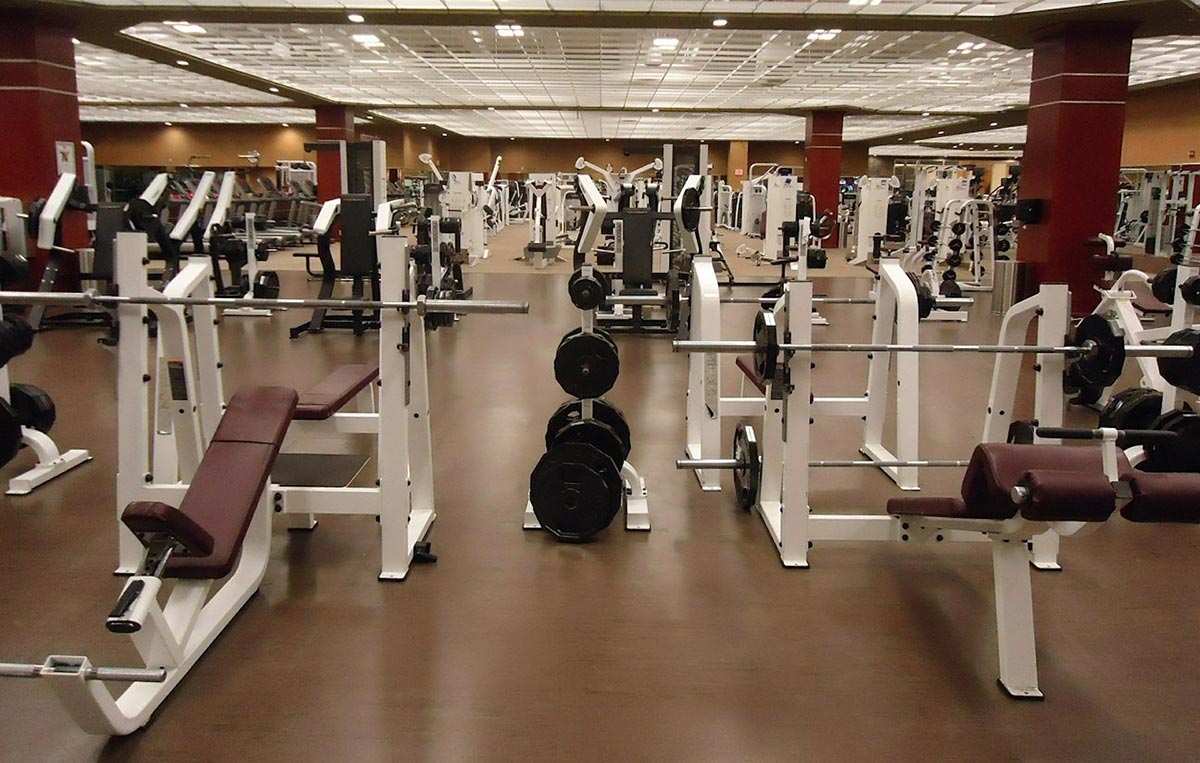Misguided Discipline – When Clean Eating Misses the Point
Many athletes follow highly repetitive and restrictive meal routines before training, often built around lean protein, low fat, and minimal diversity. While the intention is discipline, the result can be an imbalanced intake that neglects important nutritional components such as fiber, micronutrients, and metabolic variety.Overreliance on isolated protein sources and low-residue foods may reduce short-term digestive load, but it also limits the body's ability to maintain long-term resilience and adaptability under physical stress. True preparation goes beyond calories and macros—it requires structure, nutrient timing, and respect for systemic balance.
What Gym Bros Actually Eat (Hint: It’s Not Real Food)
Ask any American gym bro what he eats pre- or post-workout and the answers follow a frighteningly predictable script. Chicken. Rice. Broccoli. Whey protein. Peanut butter from a jar that never spoils. Pre-workout powder that glows in the dark. The goal? High protein, low fat, zero fiber, max muscle. Unfortunately, this combination is also the recipe for chronic bloating, violent flatulence, and intestinal trauma usually reserved for 19th-century naval warfare.
The Digestive Nightmare: Why It Hurts (Literally)
Your body was never designed to process 250 grams of protein a day – especially when most of it comes in the form of ultrafiltered whey, raw egg whites, and chewy, reheated chicken breast. Add in zero digestive enzymes, minimal fiber, no fermented foods, and a gallon of ice-cold water per day, and you’ve got a gut biome that looks like post-apocalyptic Detroit. Functional? Maybe. Thriving? Hell no.
The Big Offenders
| Food/Supplement | Effect on Digestion | Why It’s a Problem |
|---|---|---|
| Whey Isolate (2+ scoops) | Bloating, cramps, gas | Often contains artificial sweeteners, no fiber, poor enzyme support |
| Egg Whites Only | Slow digestion, sulfur smell | No fats = no emulsification = poor absorption |
| Chicken & Rice | Monotonous, fiber-free | Zero diversity for the gut microbiome |
| Pre-Workout Powders | Diarrhea, cramps | High caffeine + artificial dyes = GI stress |
| Creatine (empty stomach) | Water retention, urgent bowel movements | Amplifies pre-existing gut stress |
“Clean Eating” vs. Gut Health: The Irony
In pursuit of abs and biceps, gym bros often destroy the one system that makes nutrient absorption possible: the digestive tract. By eliminating dietary fat, reducing food diversity, and worshipping protein powders, they build the physique of a Roman statue – and the digestion of a toddler with lactose intolerance. “Clean” does not mean balanced. It does not mean microbiome-friendly. It definitely doesn’t mean sustainable.
The Truth About Pre-Workout Nutrition: Fuel, Don’t Just Fill
Muscle growth starts long before you touch a dumbbell. The body needs real fuel—not just calories—to train effectively. A balanced pre-workout meal should provide complex carbohydrates for sustained energy, a moderate amount of protein to prevent muscle breakdown, and small amounts of fat to support hormone function without slowing digestion.
Typical examples include oatmeal with banana and almond butter, whole grain toast with scrambled eggs, or rice with vegetables and tofu. These meals nourish your muscles, stabilize blood sugar, and protect your gut from stress-induced crashes.
Timing and Composition Matter
The ideal time to eat is 60 to 90 minutes before training. Carbohydrates (30–45 g) refill glycogen stores, protein (10–20 g) supplies amino acids for muscle repair, and a bit of fat (5–10 g) helps sustain energy without causing sluggishness. Avoid ultra-processed powders, high-dose stimulants, or fiber-free "fast fixes" that look good on TikTok but wreck your digestion.
A properly designed pre-workout meal won’t just boost your performance—it will protect your gut lining, reduce inflammation, and keep your recovery on track long after the workout ends.
Physiological Basis of Pre-Workout Nutrition
Efficient training requires adequate substrate availability in muscle and liver tissue. Carbohydrates are the primary energy source for moderate to high-intensity exercise due to their rapid conversion to glucose and glycogen.
Protein intake before training has been shown to reduce muscle protein breakdown during exercise and enhance net protein balance post-exercise. Fat should be kept low pre-workout to avoid delayed gastric emptying and gastrointestinal discomfort.
Recommended Nutrient Composition and Timing
Scientific guidelines recommend consuming a pre-exercise meal 60 to 120 minutes prior to activity. An evidence-based composition includes approximately 1–1.5 g carbohydrates per kg bodyweight, 0.2–0.4 g protein per kg, and minimal fat (<10 g). Suitable examples are: oatmeal with low-fat milk and banana; whole grain bread with lean poultry; or rice with steamed vegetables and eggs.
Hydration should begin 1–2 hours before exercise with 400–600 ml of water. Avoid high-dose stimulants, large fiber loads, or unfamiliar foods immediately before training.
The Forgotten Helpers: What’s Actually Missing
| Missing Nutrient | Why It Matters | What To Eat |
|---|---|---|
| Soluble Fiber | Feeds gut bacteria, improves motility | Oats, flaxseeds, beans |
| Fermented Foods | Rebuilds gut flora, aids digestion | Kefir, sauerkraut, kimchi |
| Healthy Fats | Supports hormone and bile production | Avocados, olive oil, egg yolks |
| Polyphenols | Anti-inflammatory, gut barrier repair | Berries, dark chocolate, green tea |
| Digestive Enzymes | Helps break down protein & fats | Pineapple, papaya, enzyme blends |
You’re Not a Machine – Support Your Body Like an Athlete
Training adaptations require more than effort and discipline – they depend on how well the body is nourished and supported in its regulatory systems. High-performance athletes treat food as strategic preparation: not just fuel, but a system of inputs that affect recovery, hormone regulation, metabolic resilience, and long-term capacity.
Key factors include micronutrient density, hydration status, timing of meals, and nutritional variety. Supporting physical performance means maintaining internal stability under stress, not just pushing through it. Sustainable progress comes from precision – in movement, in nutrition, and in recovery.













